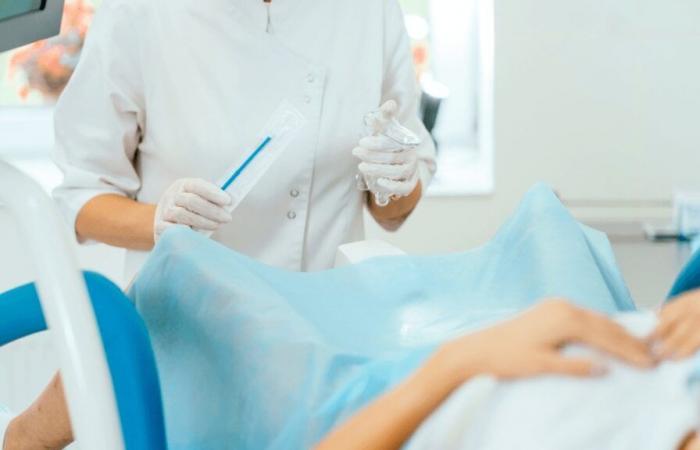Consultations after 65, fibroids, contraception… Dr. Odile Bagot, gynecologist-obstetrician, looks at some gynecological questions that are still taboo.
Written on 05/11/2024
The Health Mag – France 5
Some questions are more delicate than others to ask during a gynecological consultation. Doctor Odile Bagot, gynecologist-obstetrician, offers to answer questions from viewers of the Health Mag around different gynecological health topics.
Also read: Why you should not have sex before going to the gynecologist
Should we continue gynecological consultations after age 65?
When you do not suffer from any particular medical condition, the question can legitimately arise. Even after age 65, it is still advisable to continue to regularly consult a gynecological health professional. An annual appointment remains important for screening and prevention, and not only for gynecological reasons! In consultation, subjects such as urinary incontinence, sexual difficulties or even signs of depression are often easier to discuss than with your GP.
For example, a postmenopausal patient who recently suffered a fracture may be offered a bone density measurement to assess the risk of osteoporosis. The gynecologist also knows the medical history of his patients well, such as gestational diabetes or hypertension during pregnancy: risk factors that may require special attention with age. On the other hand, after age 65, smears are generally no longer necessary. A gynecological examination remains useful to inspect the vulva, look for pathologies such as vulvar lichen sclerosus, check for the absence of pelvic masses and check the health of the breasts.
Uterine fibroid: is surgery the only solution?
Uterine fibroids are common, especially between the ages of 40 and 50, and most of them do not require surgery. They are only treated if they pose a problem: large size, pain or uncontrollable bleeding. Even in the event of necessary treatment, non-invasive solutions are increasingly favored. To control bleeding, antihemorrhagic medications, progestin-only pills, or a progesterone IUD may be offered.
If drug treatments are not enough, and depending on the situation, interventional radiology techniques may be offered. Embolization, for example, consists of cutting off the perfusion of the fibroid to cause its necrosis. Radiofrequency, which uses waves to treat fibroids, also shows good results. If none of these solutions is sufficient, surgery is then considered, either to remove only the fibroid (myomectomy) or the entire uterus (hysterectomy), depending on each case.
Pre-menopause: should I still use contraception?
In pre-menopause, the risks of pregnancy, although low, still exist. The choice of contraception is then important because it is necessary to take into account the increase in vascular risks with age. The estrogen-progestin pill should therefore be avoided. Additionally, cycles are often irregular and periods may become heavier.
How do you know if you are still fertile when you are in pre-menopause? To know the fertility of a patient around the age of 50, it is possible to carry out an FSH (follicle-stimulating hormone) dosage at the start of the cycle. An FSH level above 25 indicates exhaustion of the ovaries, and contraception is no longer necessary. You can then enjoy your body in complete peace of mind!






